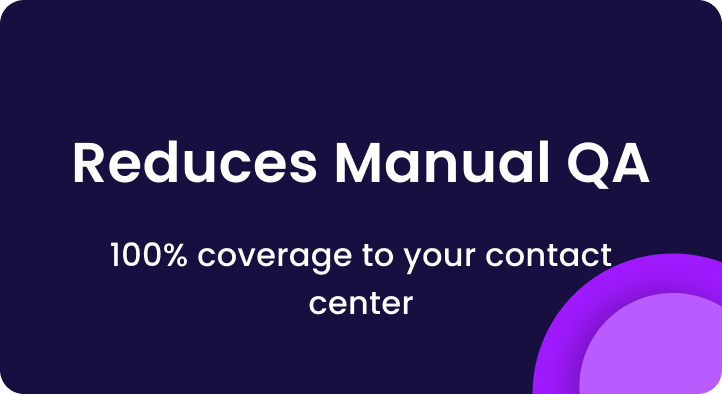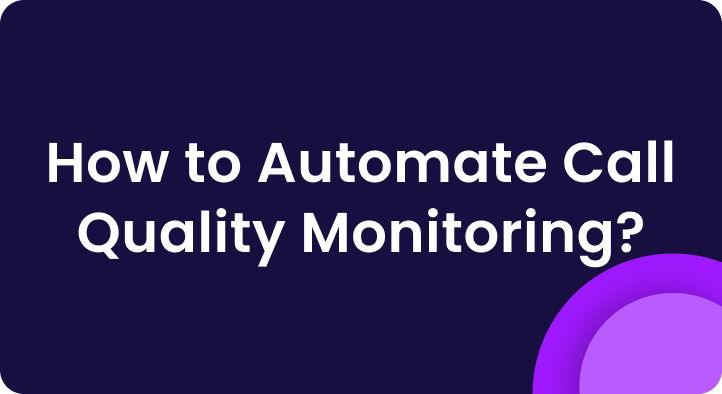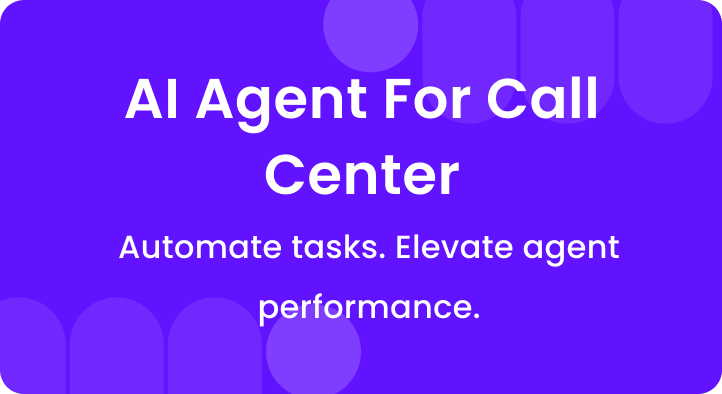Call center agents are trained to handle customer calls in a calm, helpful, and professional way.
Whether it’s a simple question or a complex issue, there’s a clear process they follow from start to finish.
Let’s walk through the step-by-step flow most agents follow during a typical call:
1. Greeting the Customer Professionally
The first few seconds of the call set the tone. Agents start with a warm, friendly greeting that helps build trust right away.
Example:
“Hi, thank you for calling [Company Name]. This is [Agent Name]. How can I assist you today?”
This part might seem simple, but it’s important. A good greeting helps customers feel heard and respected from the start.
2. Verifying the Caller’s Identity
Before they dive into the issue, agents need to verify who they’re speaking with. This keeps customer data safe and makes sure the agent is giving the right help to the right person.
They might ask for:
- Full name
- Account number
- Email address or phone number
- Security questions (for sensitive cases)
This step also helps pull up customer history or past interactions so the agent can offer more personalized support.
3. Actively Listening to Understand the Problem
Once identity is confirmed, the agent focuses on understanding the reason for the call.
Good agents don’t just hear, they actively listen.
That means they pay attention, don’t interrupt, and may even repeat parts of what you said to confirm they understood correctly.
This step matters because when customers feel understood, they’re more likely to stay calm, even if they’re upset.
4. Exploring and Diagnosing the Issue
Now the agent gets to work. Depending on the problem, they may:
- Search a help article or knowledge base
- Check the customer’s account or previous tickets
- Ask clarifying questions
- Use call center tools to guide them to the right solution
- Loop in a supervisor if the issue needs approval or escalation
In more advanced contact centers, agents may also use AI-powered tools to get real-time help during the call, like Enthu.AI, which can suggest responses or flag risks while the conversation is happening.
5. Providing the Right Solution
Once the issue is diagnosed, the agent offers a solution.
This could mean walking the customer through a step-by-step fix, issuing a refund, updating an account, or placing a new order.
If the issue can’t be resolved immediately, they’ll let the customer know what’s next, maybe a follow-up email, a case number, or a callback.
Great agents also manage expectations. They explain timelines, confirm actions taken, and avoid vague promises.
6. Making Sure the Customer Is Satisfied
Before ending the call, agents check if the customer’s issue was fully resolved.
A simple “Is there anything else I can help you with today?” goes a long way in showing care.
It also gives customers a chance to bring up something they forgot or ask follow-up questions.
This final check ensures the call doesn’t end with confusion or frustration.
7. Ending the Call on a Positive Note
Finally, the agent wraps up the call politely. This helps leave a good last impression, especially if the issue was frustrating.
Example:
“Thanks again for calling [Company Name]. We appreciate your time. Have a great day!”



